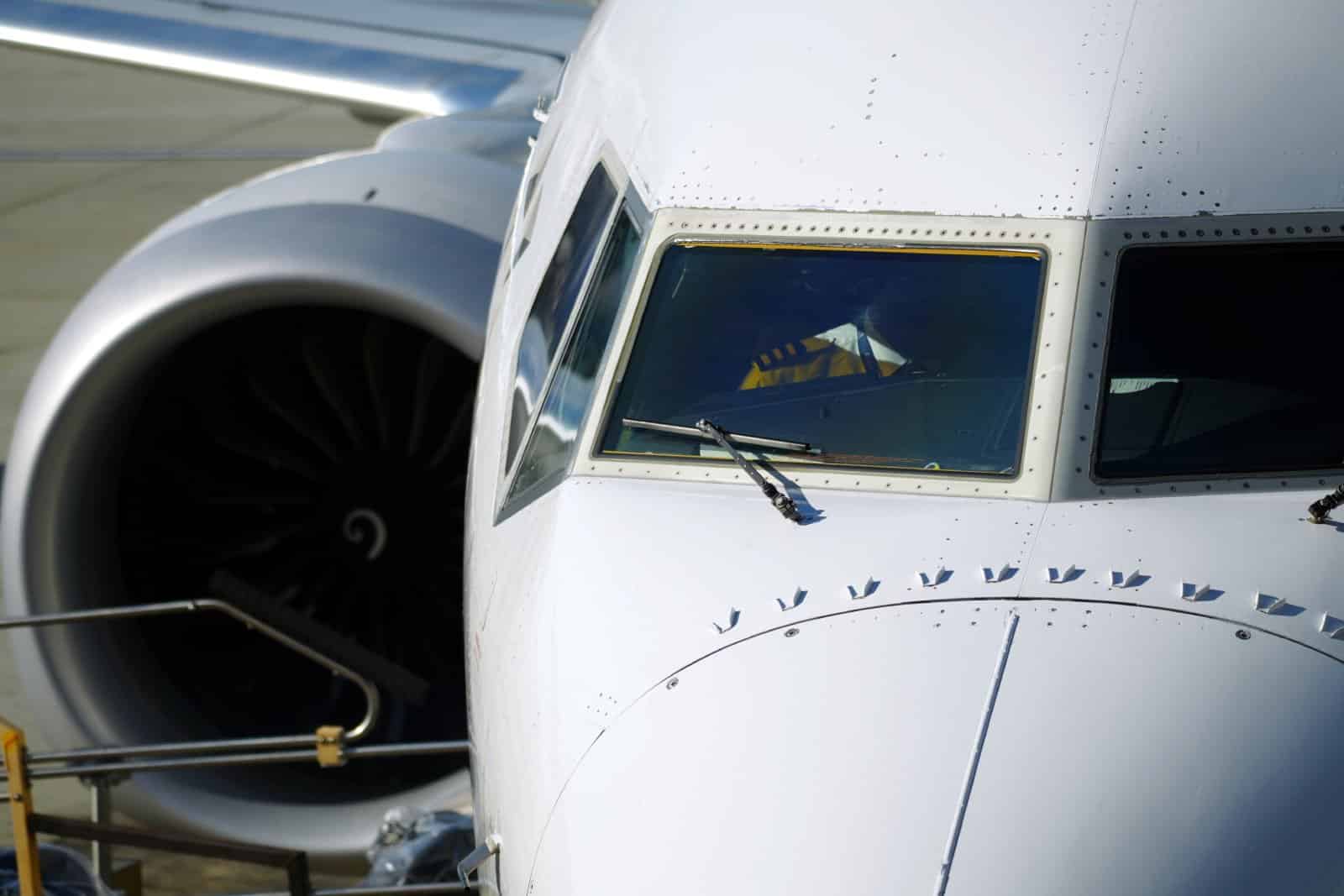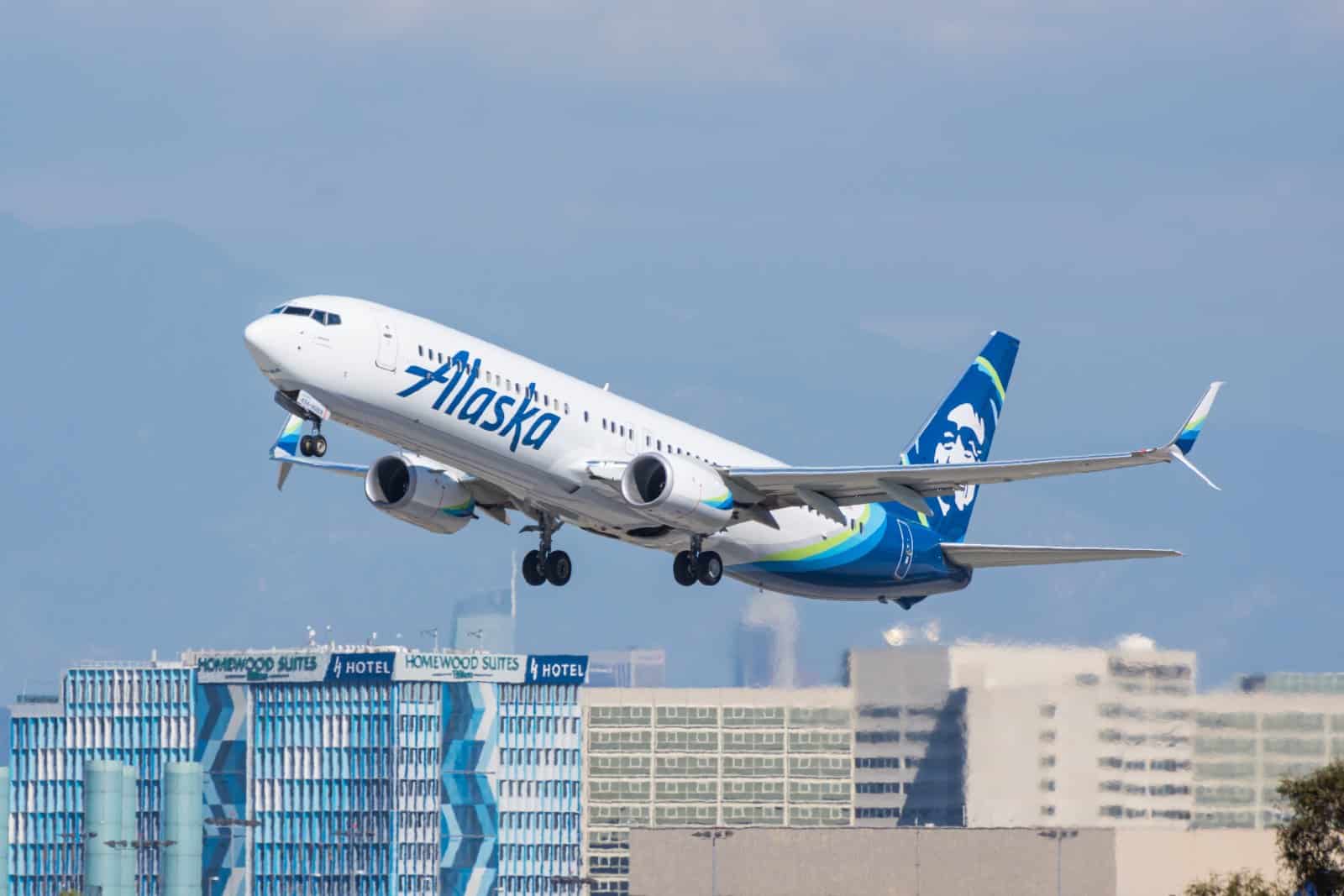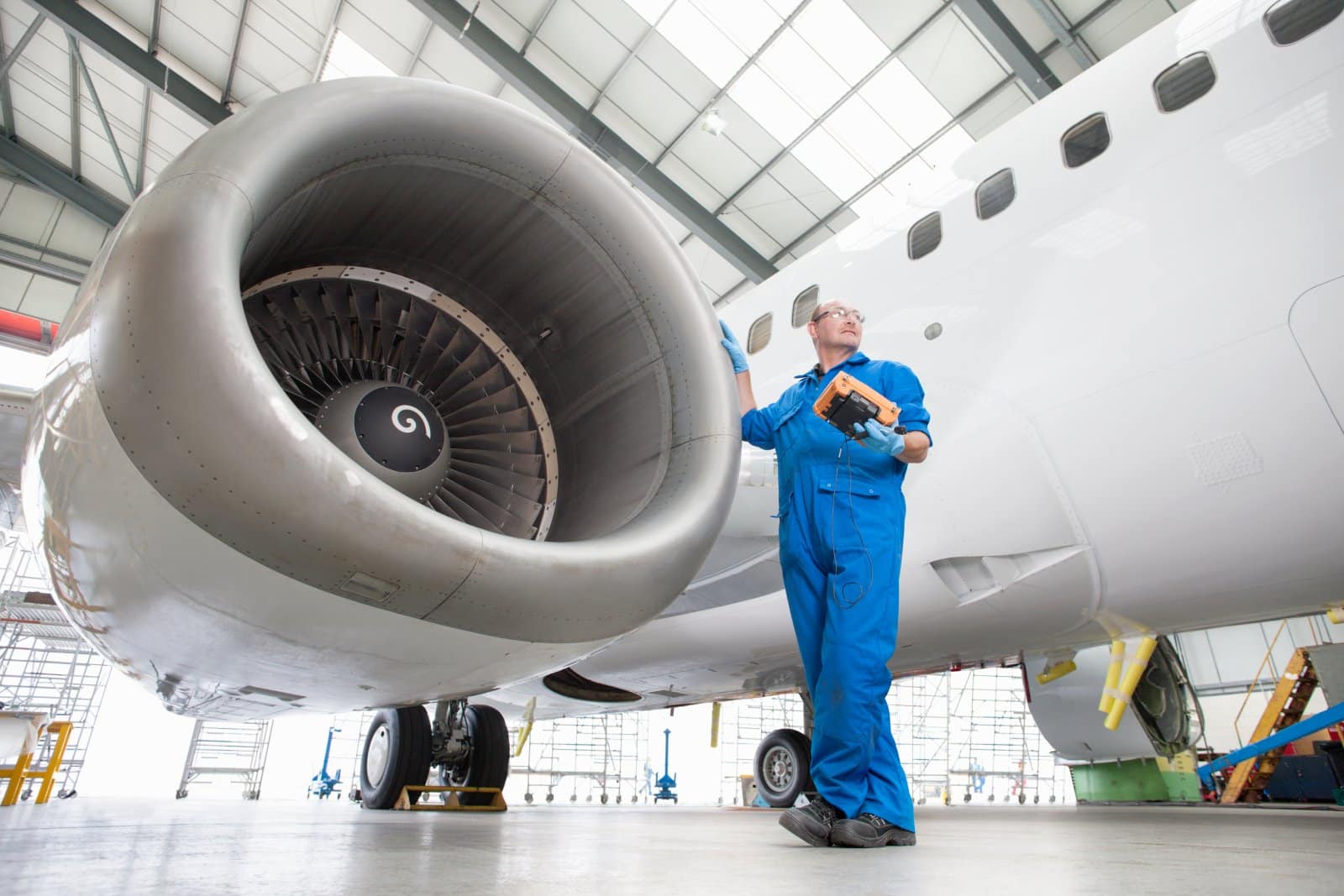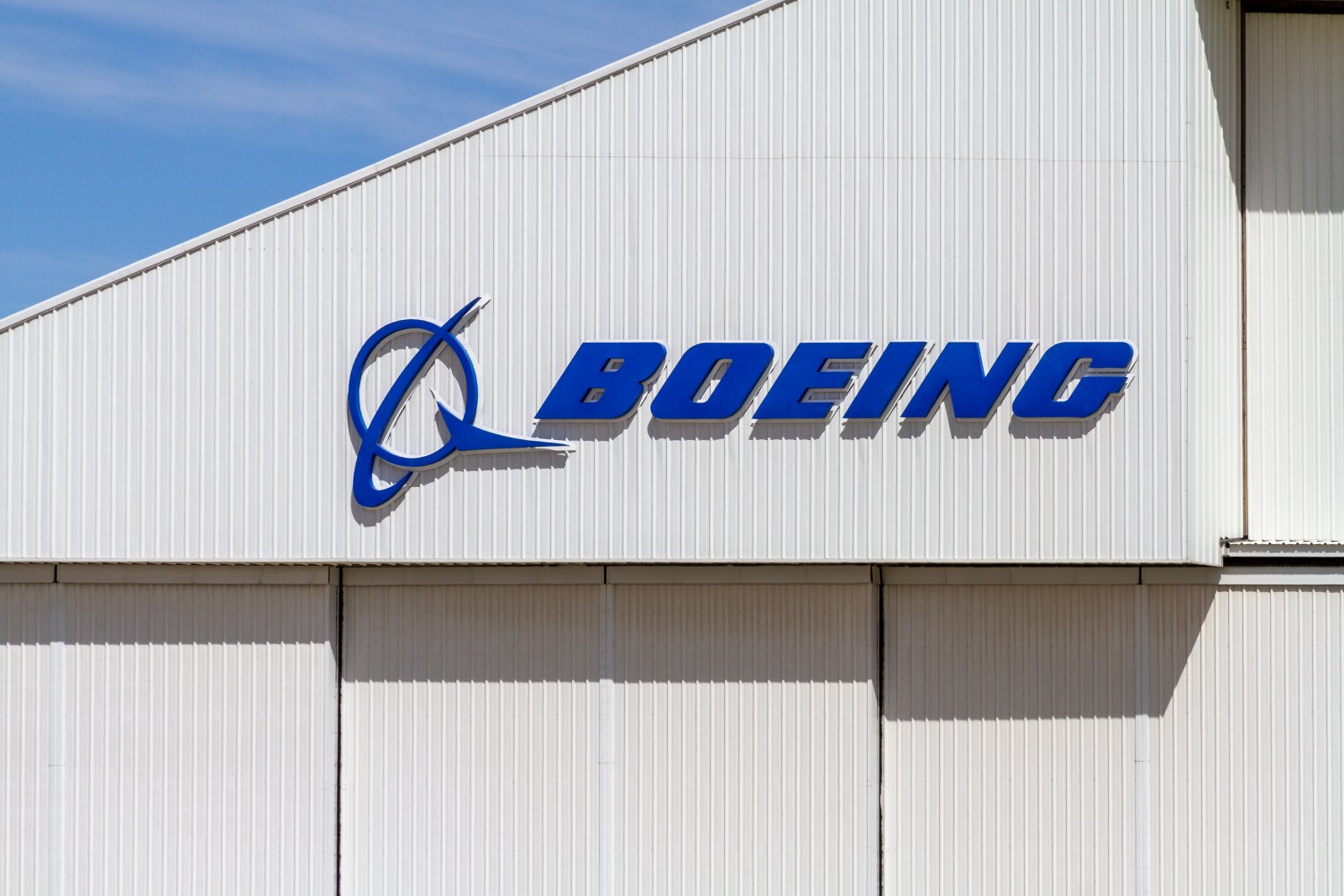Boeing has been under the microscope from analysts and former executives, who argue the company is putting profit over quality after numerous safety incidents over the years.
Recent Aviation Turmoil

Boeing has had a tumultuous few years after numerous safety incidents, including two fatal crashes.
Boeing’s Long List of Failures

Incidents included fuselage damage, quality lapses, and two fatal crashes resulting in 346 deaths.
Alaska Airlines 737 Max Incident

A recent incident involving Alaska Airlines’ 737 Max 9 has only added to Boeing’s troubles, with some models being grounded and investigated by the National Safety Transportation Board (NSTB).
Impact on Boeing’s Reputation

The recent string of safety incidents also included a critical failure on a Boeing 737 intended for high-profile passenger Secretary of State Antony Blinken.
Delta Plane Wheel Detachment

Another incident involved a Delta plane’s nose wheel detachment, which also severely blew Boeing’s once-sterling reputation.
A Deeper Look into Boeing’s Problems

Systemic issues include a flawed anti-icing system and “misdrilled holes,” resulting in “loose bolts.”
Silence on the Matter

Despite the gravity of these revelations, Boeing has chosen to remain silent on the matter, offering no comments on the unfolding crisis.
A Downward Spiral

Industry expert Richard Aboulafia’s characterization of this situation as a “downward spiral” from Boeing’s old reputation. So, what’s changed?
Shift in Corporate Image

The reason behind Boeing’s transformation from a safety-centric company to one entangled in a reputational crisis has been revealed by a former executive in the company.
Former Exec Speaks Out

Ed Pierson, a former Boeing exec, claimed that the company’s “leadership is more concerned with getting the planes out the door than quality,” in a brutal assessment of his time at the company.
Cultural Change and Profit Motivation

Some critics say that the decline in Boeing’s quality is synonymous with a change in company culture that began in 1997 when the company merged with McDonnell Douglas.
Leadership Shifts Impact

The change in leadership after the merger allegedly saw the company favor profits over quality in its new culture.
Management Team to Blame

Aboulafia revealed, “You’ve got a management team that doesn’t seem terribly concerned with their core business in building aircraft.”
A Different Set of Motivations

According to analyst Rob Epstein, “everything had to be cost-justified,” after that merger, with engineering executives in the company being replaced with more finance-motivated members.
Unions Make Feelings Heard Post-merger

The merger soon saw “an open labor war between the unions and the management,” according to analyst Scott Hamilton.
2008 Strike Action Taken

The war resulted in over 22,000 Boeing engineers walking out of the job until a better pay deal was agreed in 2008.
Union Struggles and South Carolina Plant

The decision to open a non-union plant in South Carolina intensified union conflicts and raised questions about prioritizing cost-cutting over expertise.
CEO Changes and Financial Woes

Fast-forward to now, and CEO changes, including the appointment of Dave Calhoun, was Boeing’s attempt to better their financial woes, with Boeing reporting losses exceeding $26 billion over five years.
Finance Focused

“The big criticism,” according to Aboulafia, “is that they’re solely focused on finance, but they’re not even good at that.”
The Future of Boeing

Despite severe financial setbacks and backlash, the fact that Boeing is one of the main manufacturers of aircraft in an industry that doesn’t have many contenders means they’ll likely survive.
The post Boeing’s Reputation Takes Hit, Analysts Voice Concerns first appeared on Swift Feed.
Featured Image Credit: Shutterstock / Juice Flair.
The content of this article is for informational purposes only and does not constitute or replace professional financial advice.

